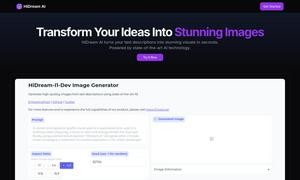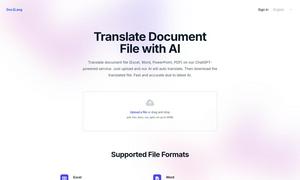
Discover digital solutions for a more productive day-to-day.
Find the Best AI Tools to Optimize Your Work and Personal Tasks
Best Healthcare AI Tools in 2024
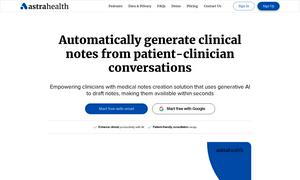
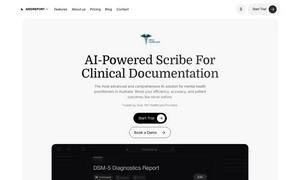
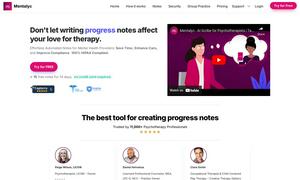
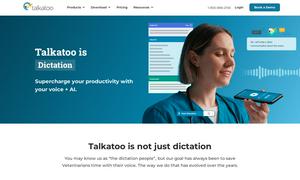
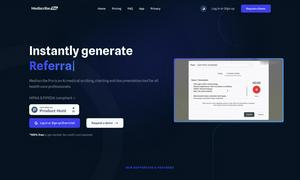
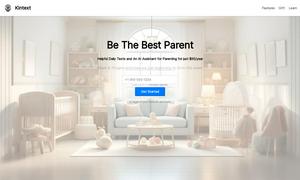
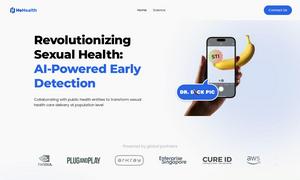
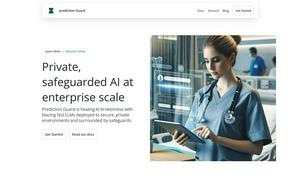
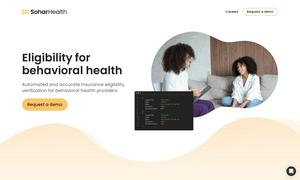
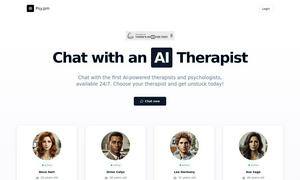
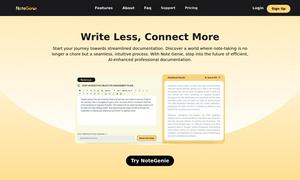
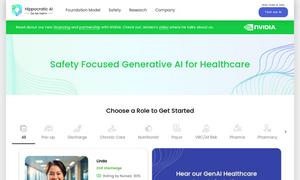
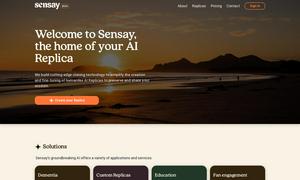
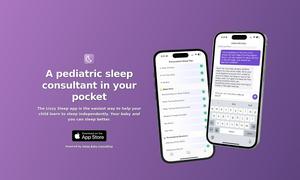

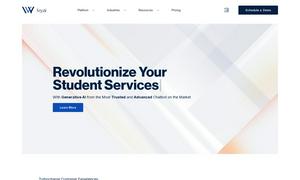
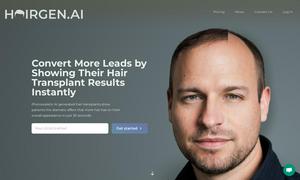
What is Healthcare
The Healthcare Category in AI Directory encompasses innovative technologies and solutions that elevate patient care, streamline operations, and enhance diagnostics. With a focus on telehealth, electronic health records, and predictive analytics, this category supports healthcare providers in improving patient outcomes and operational efficiency while reducing costs.
How Healthcare works
The Healthcare Category operates by integrating AI technologies into existing healthcare systems. Users can access various tools, including telehealth platforms, electronic health records, and advanced analytics software. These solutions work together to facilitate remote patient consultations, streamline data management, and provide actionable insights, ultimately enhancing the overall patient experience and healthcare delivery efficiency.
What are the advantages of Healthcare?
The main advantages of the Healthcare Category include enhanced efficiency, improved patient outcomes, and reduced operational costs. By leveraging AI technologies, healthcare providers can automate routine tasks, facilitate faster decision-making, and gain insights that lead to better patient care, making this category essential for modern healthcare solutions.
Key Features for Healthcare
Telehealth Integration
Telehealth Integration stands out in the Healthcare Category, allowing healthcare providers to offer remote services to patients. This feature enables consultations, diagnostics, and follow-ups without requiring in-person visits, making healthcare more accessible and efficient while enhancing patient engagement and satisfaction.
Predictive Analytics Tools
Predictive Analytics Tools in the Healthcare Category empower providers to analyze patient data and forecast trends. By identifying potential health risks and informing preventive measures, this feature enhances decision-making and promotes proactive patient care, ultimately improving health outcomes and reducing costs.
Electronic Health Records (EHR) Management
Electronic Health Records (EHR) Management is a crucial feature in the Healthcare Category, simplifying the documentation and exchange of patient information. This streamlines workflows, reduces errors, and ensures that healthcare professionals have up-to-date information, significantly enhancing patient care quality and efficiency.
Use Cases for Healthcare?
Typical use cases for the Healthcare Category include telehealth consultations that connect patients with providers remotely, analytics tools for predicting patient needs based on historical data, and electronic health records management that ensures accurate and timely information access. These applications address specific healthcare challenges such as accessibility, data accuracy, and timely interventions.
FAQs for Healthcare
What are the benefits of telehealth integration in the Healthcare Category?
Telehealth integration within the Healthcare Category offers significant benefits, including improved access to healthcare services, reduced travel time for patients, and enhanced convenience through remote consultations. This feature allows providers to reach a wider patient base while ensuring continuity of care, ultimately leading to better health outcomes.
How do predictive analytics tools enhance patient care in the Healthcare Category?
Predictive analytics tools in the Healthcare Category enhance patient care by providing healthcare providers with data-driven insights that identify at-risk patients and forecast potential health issues. This proactive approach allows for timely interventions and personalized treatment plans, improving overall patient health outcomes and service efficiency.
What role do electronic health records play in the Healthcare Category?
Electronic health records (EHR) play a vital role in the Healthcare Category by ensuring accurate and secure storage of patient information. They facilitate efficient communication among healthcare providers, reduce documentation errors, and support coordinated care, ultimately enhancing patient management and outcome quality.
How does the Healthcare Category differ from traditional healthcare solutions?
The Healthcare Category stands out from traditional solutions by incorporating AI technologies that streamline processes and enhance decision-making. With features like telehealth, predictive analytics, and EHR management, it provides comprehensive tools that increase efficiency, improve patient engagement, and deliver personalized care.
What specific needs does the Healthcare Category meet for healthcare providers?
The Healthcare Category meets the specific needs of healthcare providers by offering solutions that enhance operational efficiency, improve patient data management, and promote better patient engagement through remote services. These features help providers address challenges like resource allocation, patient accessibility, and data-driven decision-making.
How do users benefit from the unique offerings of the Healthcare Category?
Users benefit from the unique offerings of the Healthcare Category through enhanced access to technology that streamlines healthcare delivery. The integration of telehealth and advanced analytics empowers providers to offer more efficient services, improve patient outcomes, and adapt quickly to changing health needs, ultimately benefiting the overall healthcare system.























